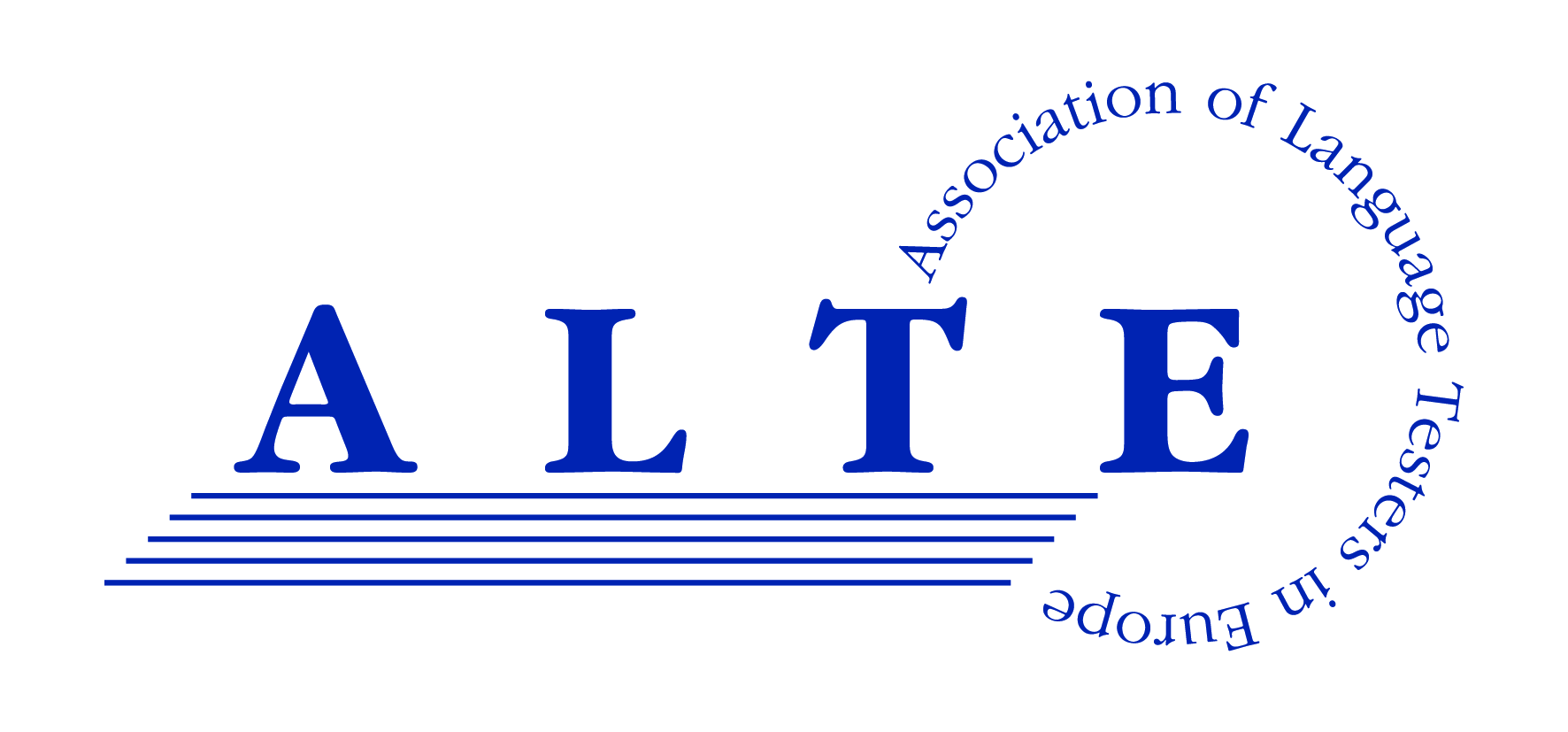General Contact
ujop@ujop.cuni.cz
+420 212 245 245
Foundation Programmes:
studujop@ujop.cuni.cz
![]() +420 778 754 481 (text first)
CCE Exams, Exams for Faculty of Medicine, MOCK TESTS:
vtc@ujop.cuni.cz
+420 212 245 245 (DID. 3334)
Exams for Permanent Residency:
praha.trvalypobyt@ujop.cuni.cz
+420 212 245 245 (DID. 3334)
Exams for Citizenship:
obcanstvi@ujop.cuni.cz
+420 212 245 245 (DID. 3334)
+420 778 754 481 (text first)
CCE Exams, Exams for Faculty of Medicine, MOCK TESTS:
vtc@ujop.cuni.cz
+420 212 245 245 (DID. 3334)
Exams for Permanent Residency:
praha.trvalypobyt@ujop.cuni.cz
+420 212 245 245 (DID. 3334)
Exams for Citizenship:
obcanstvi@ujop.cuni.cz
+420 212 245 245 (DID. 3334)
ID No.: 00216208, VAT No.: CZ00216208
Data Box ID: piyj9b4
The Institute for Language and Preparatory Studies of Charles University (ÚJOP in Czech)
Vratislavova 29/10
128 00 Prague 2
Czech Republic
